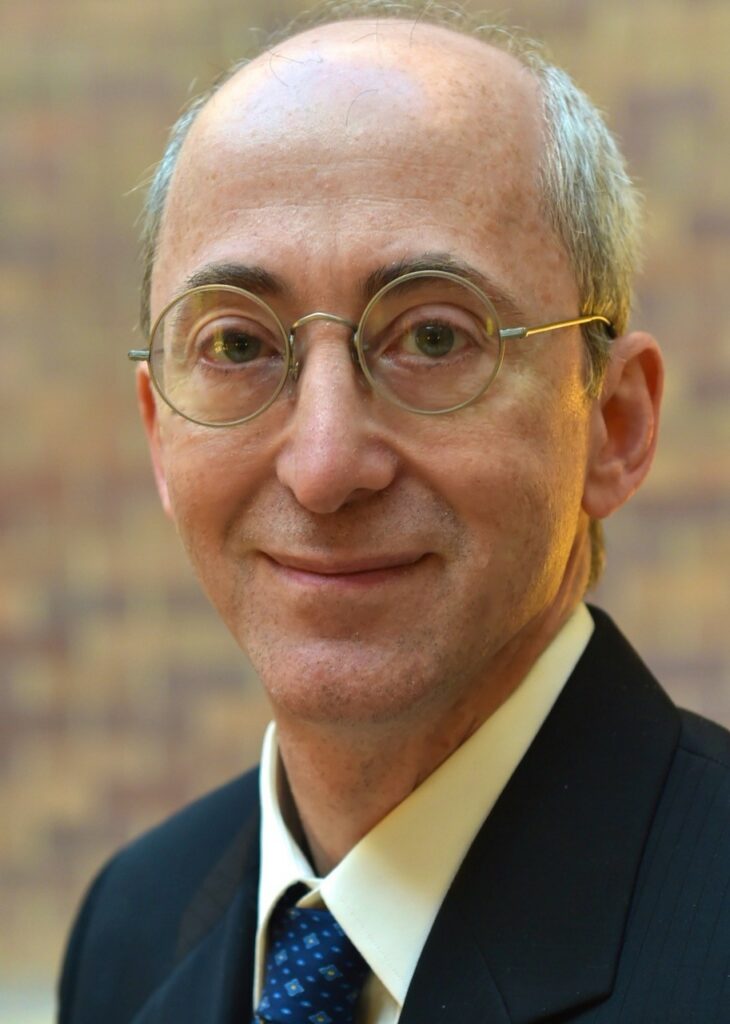
For 30 years I’ve treated thousands of patients with the disease of addiction. My primary focus has been on patients with opioid use disorder, and, thankfully, there are effective and long-lasting forms of treatment available. Many individuals suffering from other chronic life-threatening illnesses are less lucky. If you told me that a treatment for diabetes was relatively inexpensive, easy to take, and works nearly all the time, my expectation would be that I would very rarely encounter someone with abnormal blood sugars. However, despite there being a treatment for opioid use disorder that is relatively inexpensive, easy to take, and works most of the time, the opioid-related death rate has been rising.
Addiction is a brain disease that impacts 10 to 15 percent of the population. Individuals with the illness, at their baseline, are uncomfortable. They seek out a specific substance because it is perceived as the only way to address this discomfort. Figuring out how to get people into treatment is the key to reducing the mortality rate.
To promote greater access to drug treatment, the American Medical Association (AMA) recently put forward a new policy to support the elimination of criminal penalties for drug possession for personal use. Current drug policies, which label people who use certain drugs as criminals, lead to negative stereotypes, social isolation, and significant collateral harms, especially for people of color. Such policies can also stigmatize people to the point of extreme shame, leaving them little motivation to seek help.
Sadly, nearly all of my opioid-using patients are criminals under the law. Sometimes it is due to their behavior stemming from opioid use, while for others it is merely the use of substances – the direct product of their illness. Most have spent time in jail or prison. They are stigmatized by employers, landlords and others, often facing significant financial difficulties. This creates great emotional pain and severe obstacles to long-term well-being. It also leaves patients with difficulty accessing care, finding treatment, and living a problem-free life once they are in recovery.
Removing criminal sanctions against drug users does not mean there is no role for the criminal justice system. But it must be a different role. Many individuals with addiction end up in the criminal justice system for nondrug crimes because of their disease. Thus, it is important to create a strong partnership between public safety and public health. Everyone’s journey to recovery looks different. For some, drug treatment courts, which incentivize recovery and encourage treatment, may be the best path. For others, drug treatment programs that are implemented during incarceration may have greater success. But simply criminalizing drug users helps no one.
It’s important to note that not all decriminalization efforts are alike, and there are important distinctions that should be made. The AMA’s policy position was careful to ensure that removal of criminal penalties does not take place in a vacuum. It recognizes the challenges faced in places like Oregon and British Columbia, like increased overdose rates and public disorder, followed their decriminalization policies. But those policies were not accompanied by increased accessibility to treatment.
This new policy position is not meant to downplay the costs of addiction to the family and wider community. Rather, it indicates that the removal of criminal penalties should be a component of a larger set of related public health and legal reforms that include funding and facilitation of access to appropriate care, prevention, early intervention, treatment, harm reduction, and other supportive services, all based on individual needs and with availability in all communities.
Non-criminal sanctions remain important. and these could include driving restrictions/suspensions, restricting access to firearms, civil fines, and community service. It’s widely understood that such sanctions can be important incentives to encourage individuals to seek treatment. Of course, without a fully funded and fully accessible treatment system, we cannot expect removing criminal penalties alone will lead people to treatment.
Barriers to care run deep and they are not necessarily easy to overcome. Primary care clinicians require training that would allow them to provide appropriate basic care. Increased availability and access to addiction specialist physicians is necessary. Clinicians should not feel at risk legally simply by virtue of their being a high prescriber of the controlled substances often necessary for the treatment of this patient population. Communities should be able to develop public support programs without fear of federal prosecution. These systems are not difficult to develop because they exist for other chronic conditions, but they must be replicated.
A stepwise process in any policy change would be reasonable. Studying the outcome each step of the way and ensuring that adequate treatment availability is present ensures efficacy. Adjustment of various treatment aspects might be necessary, development of civil sanction might be required, and alteration of existing laws with respect to treatment approaches is necessary. All of this could take place to various extents in different communities.
We need to celebrate and promote recovery from substance use disorders. Patients should not live their lives with the shadow of felonies looming over them just because they suffer from a particular disease. Just like patients with hypertension, patients with addiction should be able to access care, obtain treatment, get better, and live productive, healthy lives. Ensuring the alignment of public safety and public health systems is central to this goal.
Dr. Stuart Gitlow is a Past President of the American Society of Addiction Medicine and Past Chair of the AMA’s Council on Science & Public Health.
